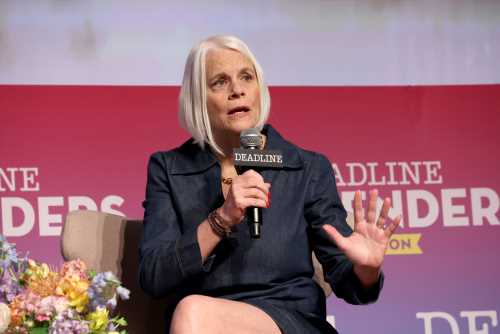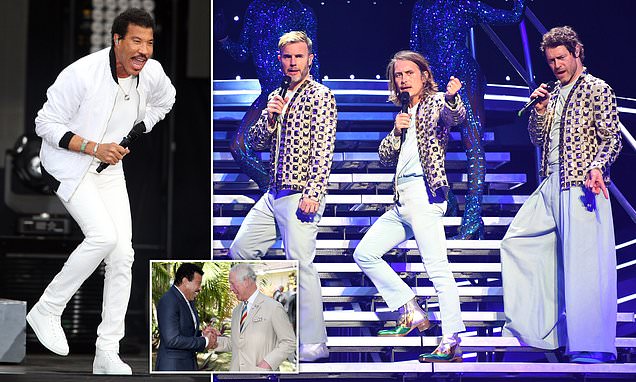‘Are you half-caste?’ asked a white 11-year-old with a wealthy family as she examined my face.
The phrase rolled off her tongue as if she were talking about ice cream. Mutually glib and innocent – a part of her linguistic repertoire, likely handed down by her parents, my only answer was ‘yes’.
The hurt I felt was smoothed over, as the darkness of my hair and eyes did not seem repellent to her and we sat down to eat school-grade chicken burgers.
I didn’t mention the conversation to my parents, thinking this was normal for those who are mixed race.
But later, alone, I mulled the words over.
I’m mixed Egyptian and Scottish, and with a palette of ginger and desert brown, I would be described in contemporary racial terms as ‘white passing’.
White passing is a term given to people of colour who look ‘white enough’ to enjoy white privilege in society. I can’t deny that I’ve faced far less discrimination than my brother, whose thick curly hair and darker skin have caused him to be taunted on countless occasions.
If I straighten my hair, most people just ask if I’m Spanish. A sprinkling of freckles, generously given to me by my mother, water down the strong Egyptian features from my father’s side of my family.
Yet, as the interaction at my school had shown, I hadn’t escaped completely – and that wasn’t the worst. It certainly felt less hurtful than when a family member called me the N word – even though I am not Black.
I had emerged from my room as a teen, ready to go out shopping, wearing olive-coloured eyeshadow and liquid liner, which I’d spent nights practising.
My family member rounded on me, telling me to wash my face, and screaming the N word at me. The same family member made her contempt for other races well known regularly – and had no issue flinging around offensive, racist language.
Yet it’s curious, depending on who you are talking to, how your features can shift.
When talking to a Black friend over lunch, she told me I looked like ‘any other white girl’ from her perspective. And in a way, this made my heritage and identity feel erased.
‘Whiteness’ to some, is a synonym for bad dancing, colonialism – and while I’m not the best dancer I too feel my ancestors in Cairo suffered at the hands of the British Empire. No amount (or lack) of skin pigment can change that.
In the eyes of those who are white and British, I would see myself darken and take shape as the ‘half caste’ or a ‘coloured person’ – another word that has been used to derogatorily describe me.
Both descriptions feel like erasure.
In honesty – and I’m sure many other mixed race people can attest to this – sometimes, you don’t really feel as if you belong anywhere.
I’ve sat in circles with white people, who would make racist comments. Disguised by my lighter skin, they’d think they were safe to do so.
A colleague of mine once told me ‘white people smell of dogs’. ‘Am I not white?’ I asked, to which she answered, ‘No, you’re not one of them.’
I went through much of my teenage years not thinking of race, assuming I was the same as everyone else. I ignored my dark nipples, and the curse of hairs in unwanted places.
It was totally normal for me to spend ages in the bathroom, smothered in Veet, standing stock still.
It sounds ridiculous, but until I saw school friends getting changed, I didn’t know nipples came in pink. Like a pair of shoes, I wanted to try them on.
I longed to be blonde and blue-eyed, just like the models, the film stars, my friends.
I felt ugly, dark, and hairy. I got a tan from a summer holiday and was called a ‘P**i’.
Other times I wished to be fully Egyptian, to belong wholly to one place and one race.
I walked into Middle Eastern shops in London and they greeted me in Arabic, recognising me as one of their own. Until I told them I’m not, I was a fake – I didn’t even speak the language. They asked me why – my father never taught me.
My father claims that it was easier for my brother and I to be ‘British’ but didn’t realise our lack of language would leave us feeling misplaced. Like many Africans, he still holds on to an archaic view that being Western or light skinned is somehow ‘superior’, and shrinks from being Egyptian after experiencing prejudice in the UK himself working as an NHS doctor.
But as a teen and in my 20s, I felt the mix had created something grotesque, and tried to hide my freckles under heavy layers of foundation and blusher.
Finally, at the age of 30, the face in the mirror that felt ugly to me was suddenly normal. I’m not sure what led to the sudden change of heart, but I had a newfound sense of confidence and happiness I hadn’t felt before. No one expected me to have straight, light hair or creamy skin.
Even though I no longer scrutinise my looks, some days I still feel out of place, or like an imposter.
I won’t deny it’s been painful to be on the periphery of belonging, people immersed in their traditions. Their pride in who they are and where they come from.
Yet mostly, I’m attempting to navigate my position in a positive way, and to educate myself on how my advantages can serve this long-standing discussion on racism in the UK.
I’m a chameleon that knows how to make Koshary (Egypt’s national dish) and loves deep-fried haggis and chips.
And mostly, I love the fact that my natural jet-black eyebrows are always on fleek – and that saves me at least £20 a month.
After reading about white privilege, I understand my ambiguous nature can be an advantage. Prescriptive models of beauty have led to the practice of skin bleaching, which is something many Egyptian women do, right down to their vaginas before they get married.
Institutional racism, a hangover from colonialism and the slave trade, is still alive today. And for all those times I stayed silent, in white circles, as a young girl, I wish I had spoken up.
I wish I hadn’t been scared, or shrank away when people spoke about ‘terrorists’ and ‘foreigners’. I now see it as the responsibility of people who have white passing privilege to call it out when they see it.
And for every young woman who’s standing, legs spread out in the bathroom, smothered in Veet, wondering why they don’t look like their friends – you aren’t alone.
Do you have a story you’d like to share? Get in touch by emailing [email protected].
Share your views in the comments below.
Source: Read Full Article




